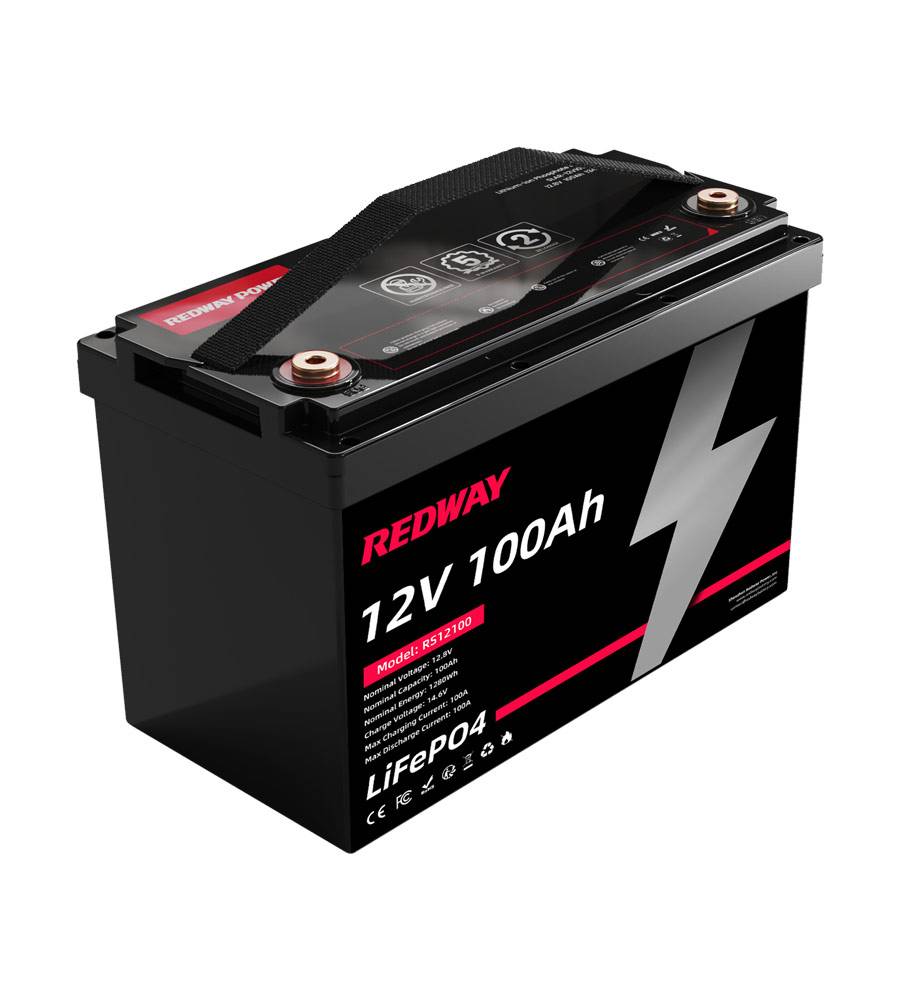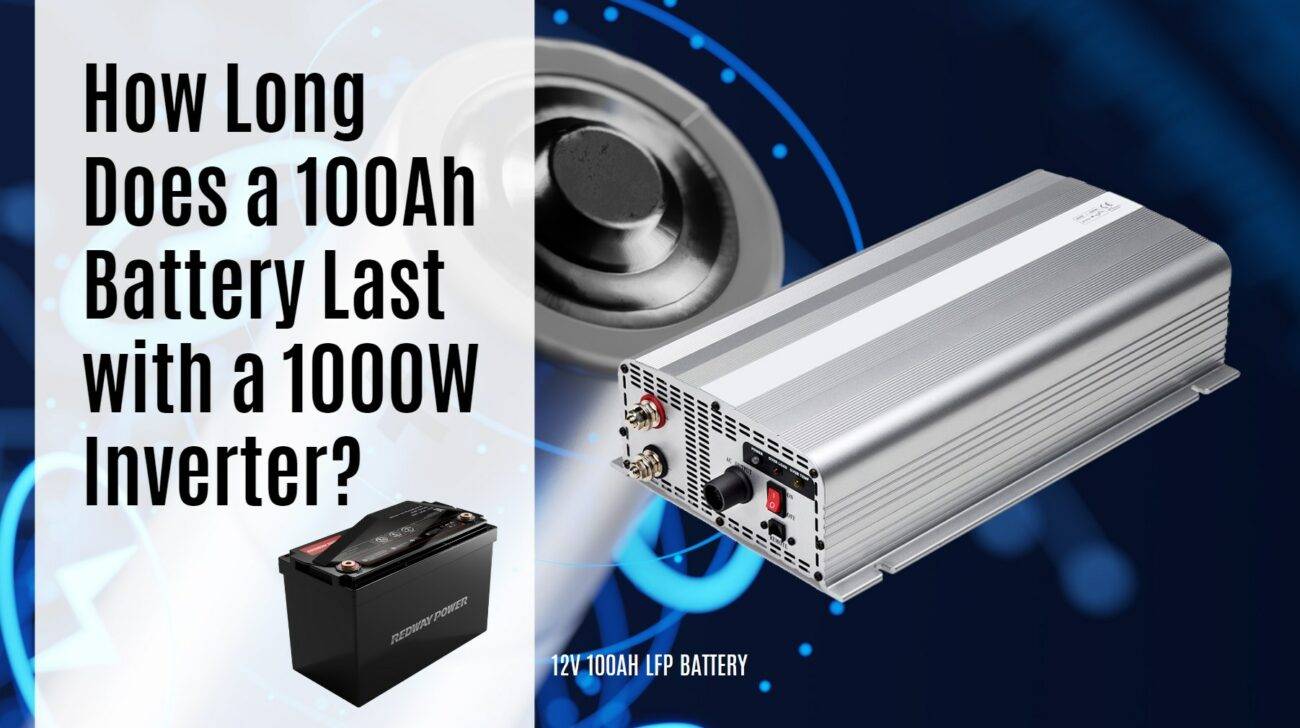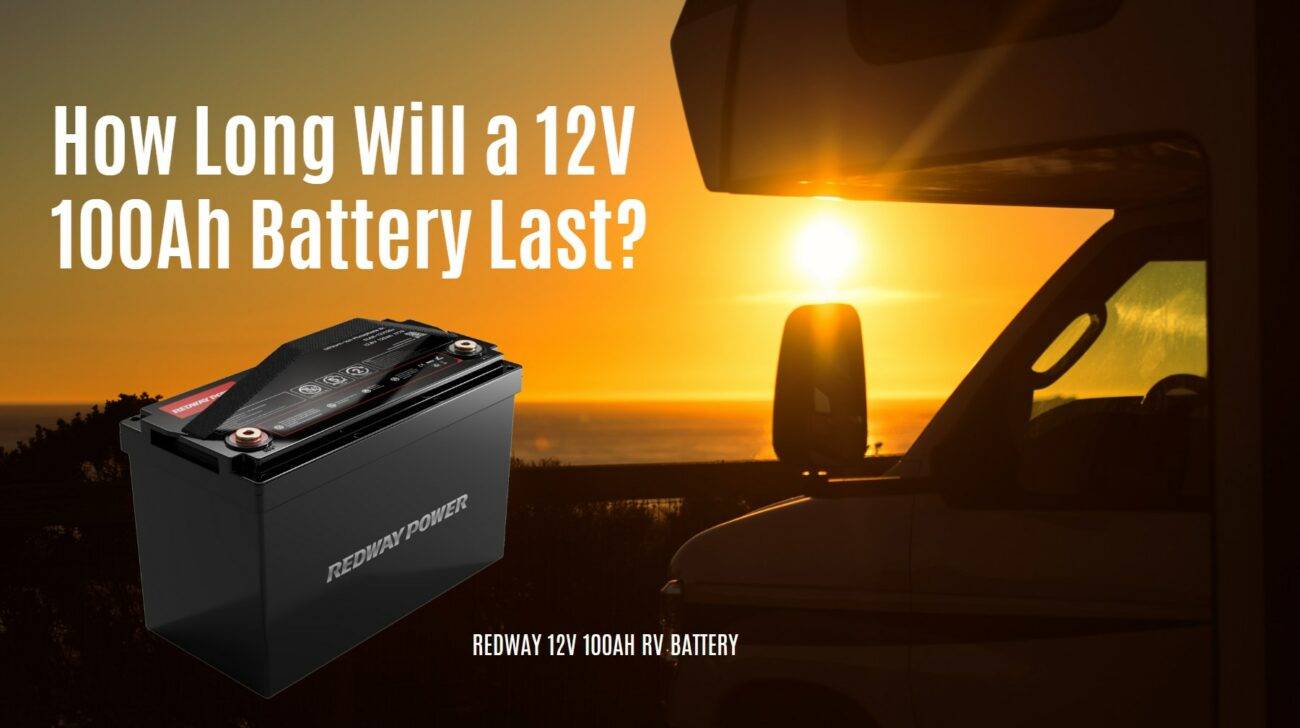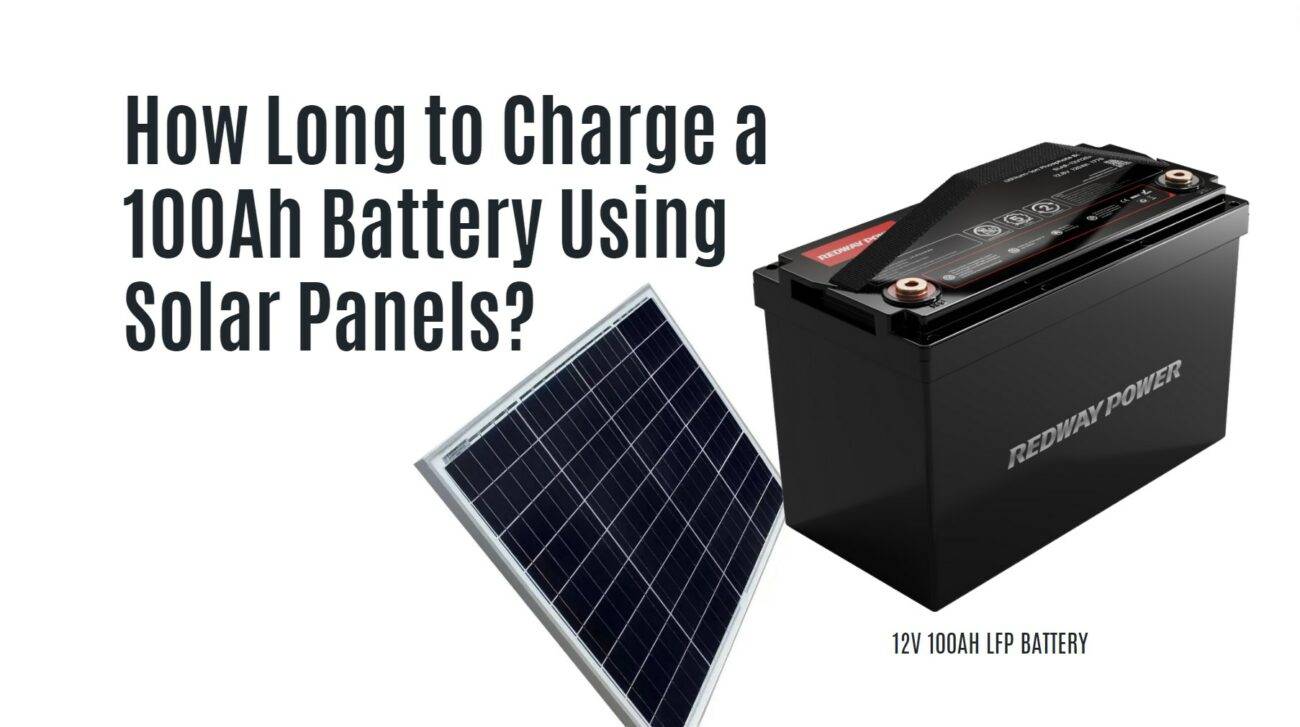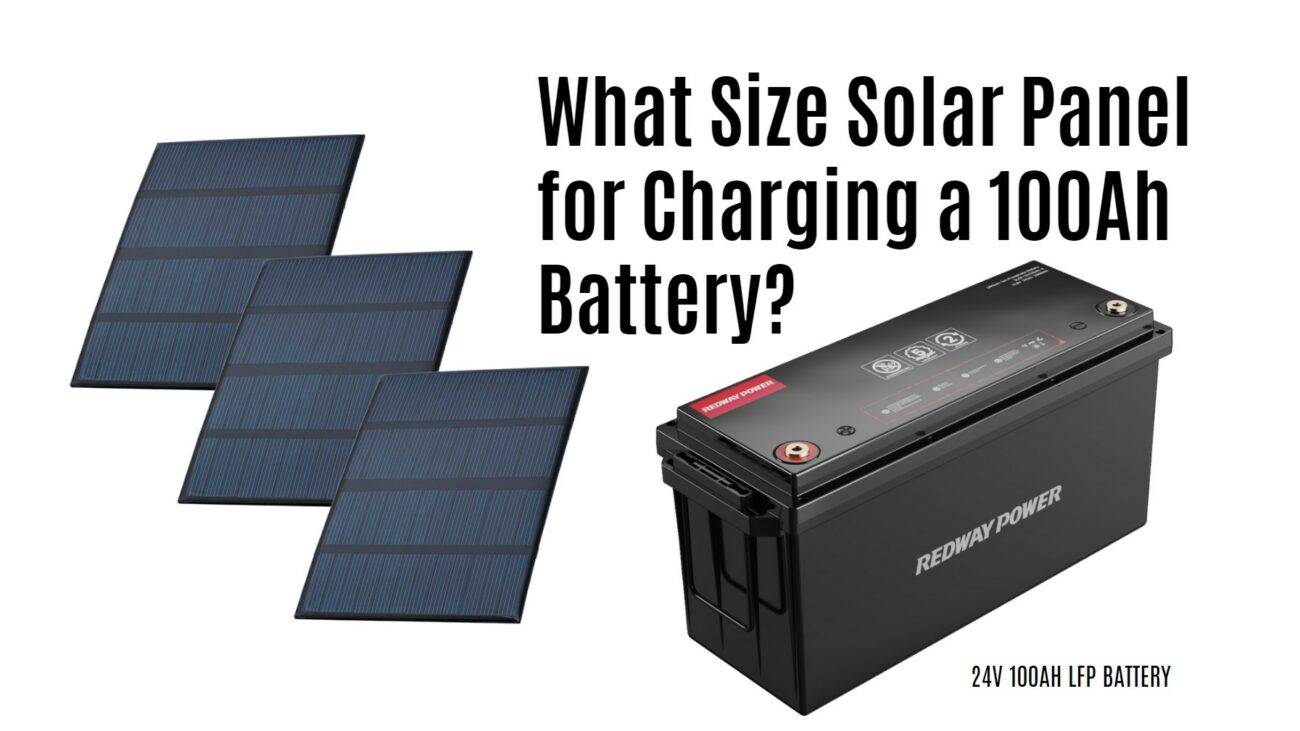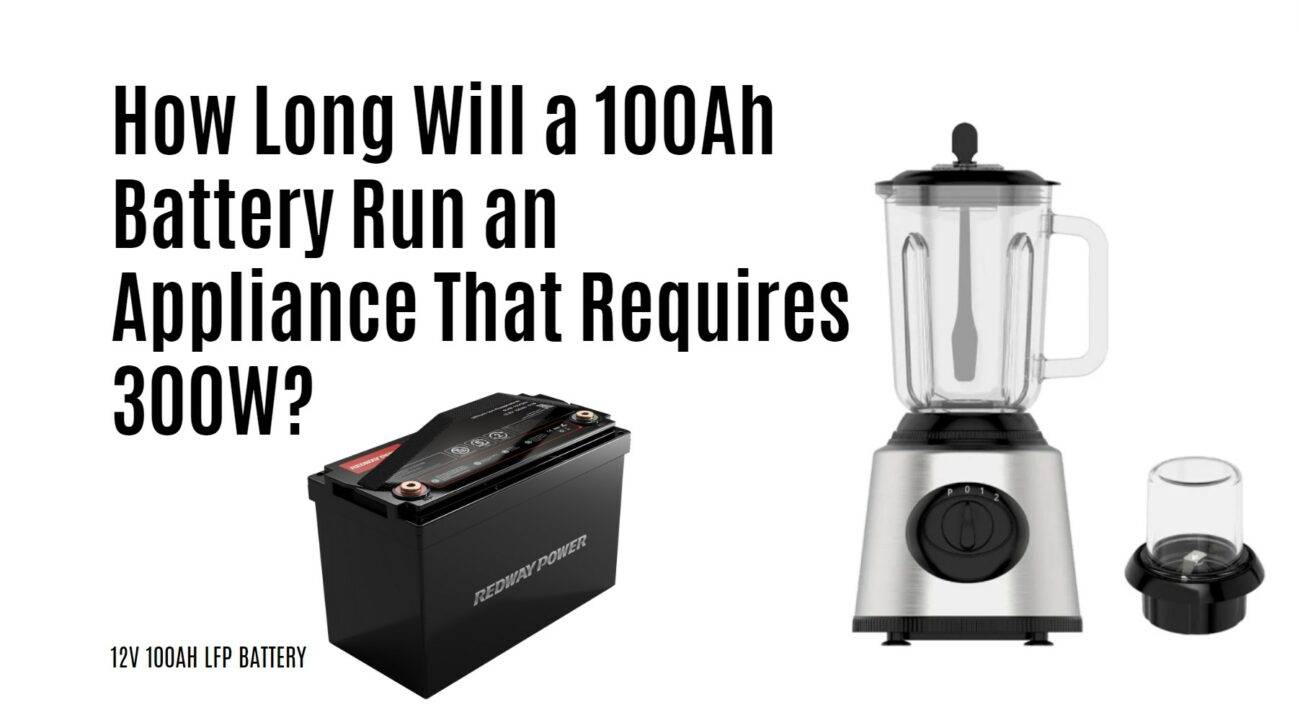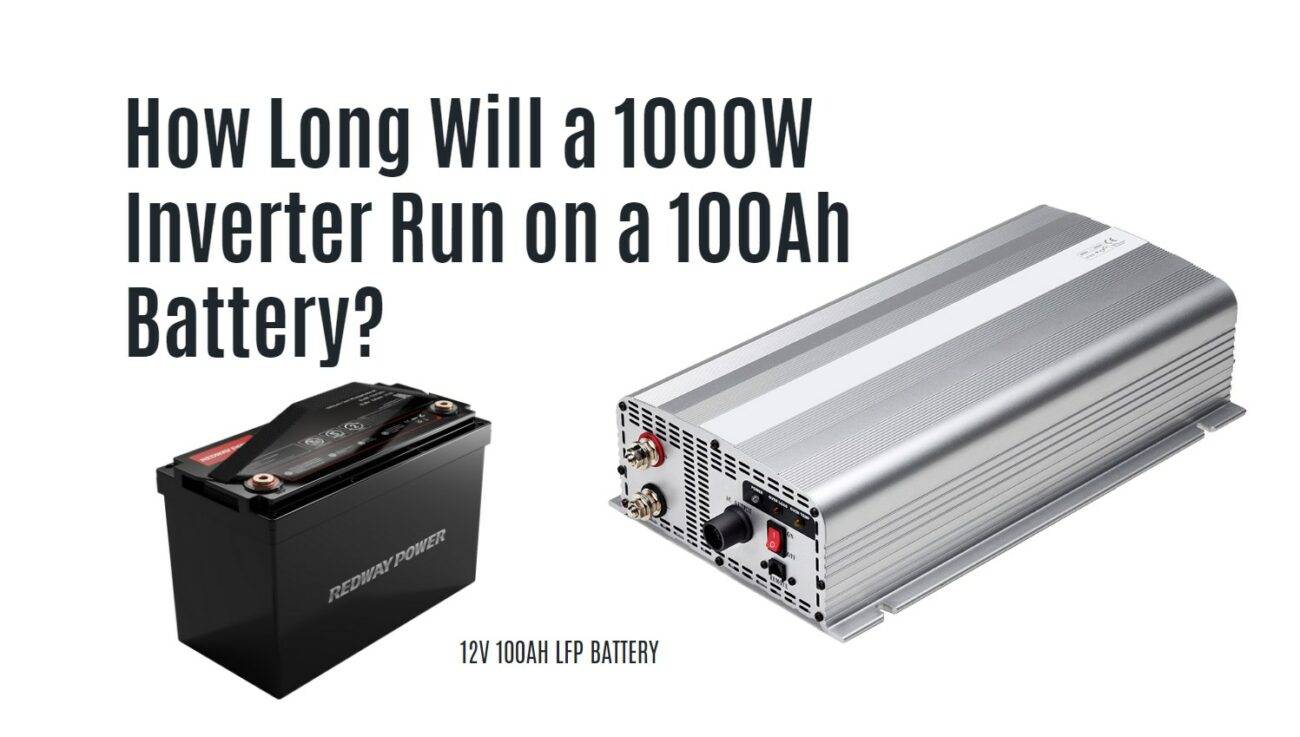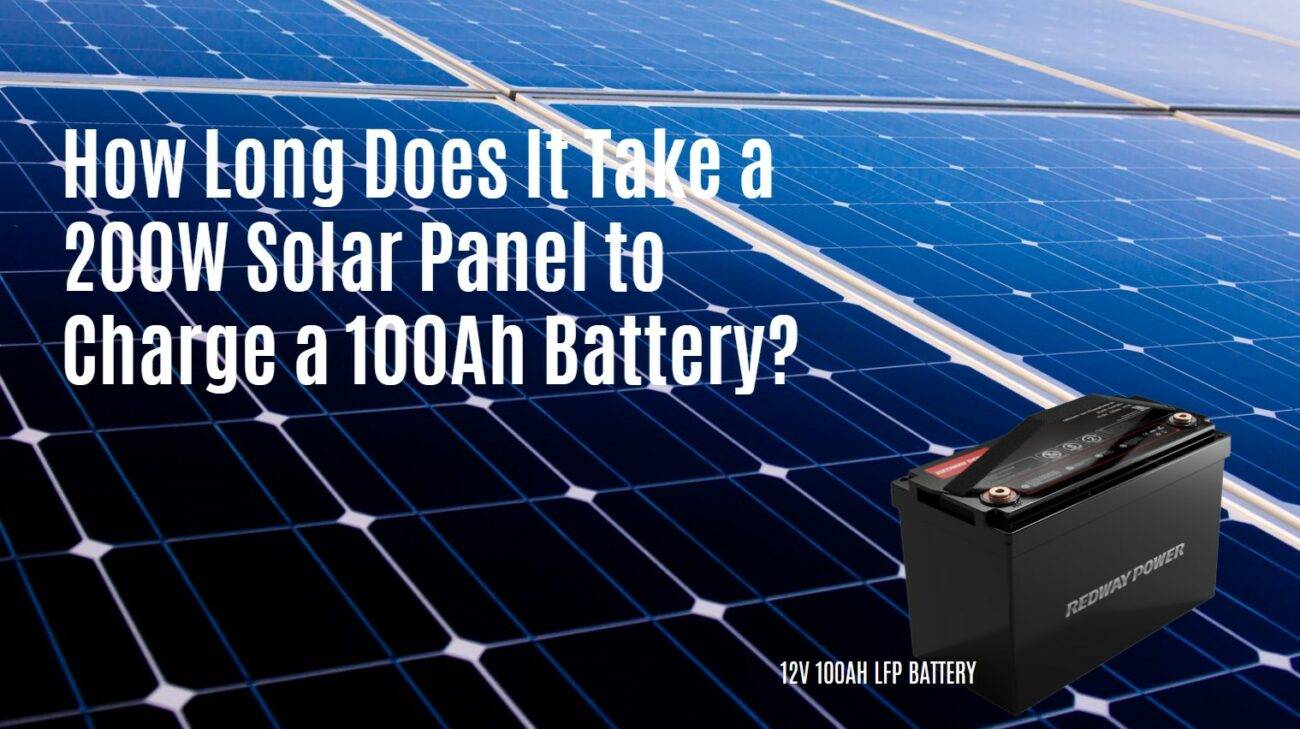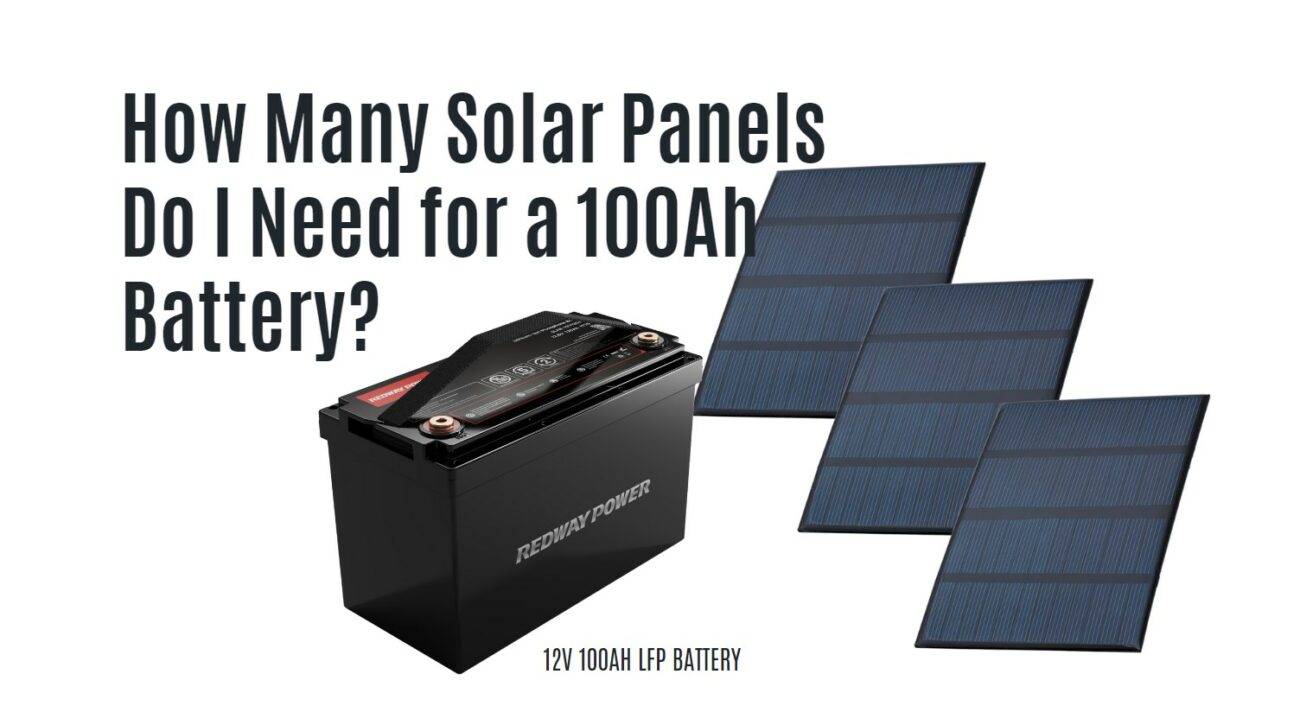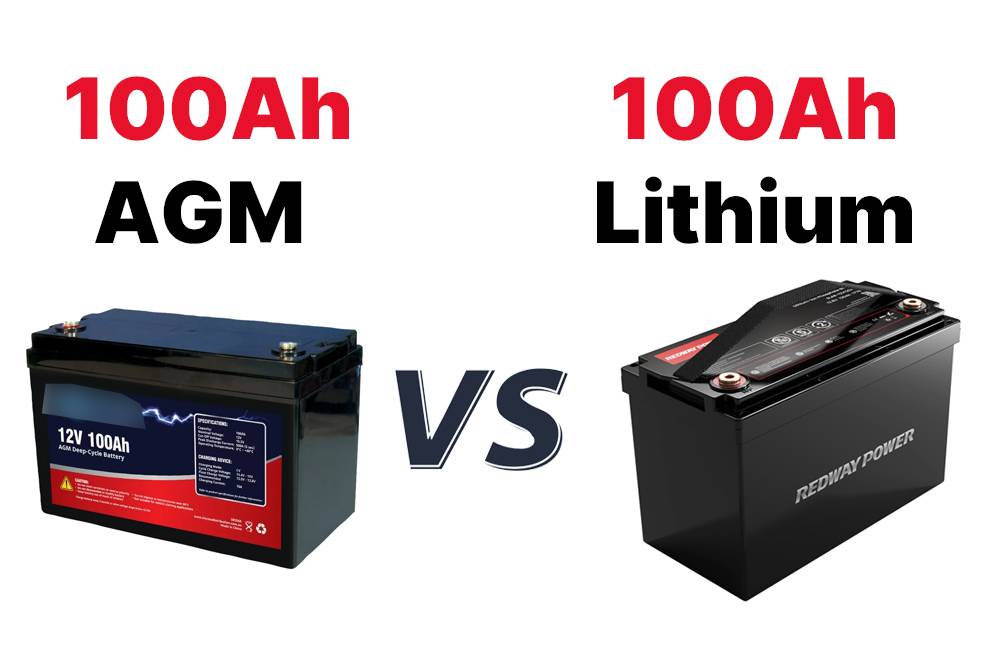- Lithium Golf Cart Battery
- Forklift Lithium Battery
-
48V
- 48V 210Ah
- 48V 300Ah
- 48V 420Ah (949 x 349 x 569 mm)
- 48V 420Ah (950 x 421 x 450 mm)
- 48V 456Ah
- 48V 460Ah (830 x 630 x 590 mm)
- 48V 460Ah (950 x 421 x 450 mm)
- 48V 460Ah (800 x 630 x 600 mm)
- 48V 460Ah (820 x 660 x 470 mm)
- 48V 500Ah
- 48V 560Ah (810 x 630 x 600 mm)
- 48V 560Ah (950 x 592 x 450 mm)
- 48V 600Ah
- 48V 630Ah
-
48V
- 12V Lithium Battery
12V 150Ah Lithium RV Battery
Bluetooth App | BCI Group 31
LiFePO4 Lithium
Discharge Temperature -20°C ~ 65°C
Fast Charger 14.6V 50A
Solar MPPT Charging - 24V Lithium Battery
- 36V Lithium Battery
- 48V Lithium Battery
-
48V LiFePO4 Battery
- 48V 50Ah
- 48V 50Ah (for Golf Carts)
- 48V 60Ah (8D)
- 48V 100Ah (8D)
- 48V 100Ah
- 48V 100Ah (Discharge 100A for Golf Carts)
- 48V 100Ah (Discharge 150A for Golf Carts)
- 48V 100Ah (Discharge 200A for Golf Carts)
- 48V 150Ah (for Golf Carts)
- 48V 160Ah (Discharge 100A for Golf Carts)
- 48V 160Ah (Discharge 160A for Golf Carts)
-
48V LiFePO4 Battery
- 60V Lithium Battery
-
60V LiFePO4 Battery
- 60V 20Ah
- 60V 30Ah
- 60V 50Ah
- 60V 50Ah (Small Size / Side Terminal)
- 60V 100Ah (for Electric Motocycle, Electric Scooter, LSV, AGV)
- 60V 100Ah (for Forklift, AGV, Electric Scooter, Sweeper)
- 60V 150Ah (E-Motocycle / E-Scooter / E-Tricycle / Tour LSV)
- 60V 200Ah (for Forklift, AGV, Electric Scooter, Sweeper)
-
60V LiFePO4 Battery
- 72V~96V Lithium Battery
- Rack-mounted Lithium Battery
- E-Bike Battery
- All-in-One Home-ESS
- Wall-mount Battery ESS
-
Home-ESS Lithium Battery PowerWall
- 24V 100Ah 2.4kWh PW24100-S PowerWall
- 48V 50Ah 2.4kWh PW4850-S PowerWall
- 48V 50Ah 2.56kWh PW5150-S PowerWall
- 48V 100Ah 5.12kWh PW51100-F PowerWall (IP65)
- 48V 100Ah 5.12kWh PW51100-S PowerWall
- 48V 100Ah 5.12kWh PW51100-H PowerWall
- 48V 200Ah 10kWh PW51200-H PowerWall
- 48V 300Ah 15kWh PW51300-H PowerWall
PowerWall 51.2V 100Ah LiFePO4 Lithium Battery
Highly popular in Asia and Eastern Europe.
CE Certification | Home-ESS -
Home-ESS Lithium Battery PowerWall
- Portable Power Stations
Why Are 100Ah Batteries So Popular for RVs?

100Ah batteries are increasingly favored for RV applications due to their optimal balance of capacity, weight, and cost. They provide sufficient power for various devices while remaining lightweight and easy to install. This makes them ideal for recreational vehicles where space and weight are critical considerations.
What Advantages Do 100Ah Batteries Offer for RV Use?
100Ah batteries come with several advantages that make them a popular choice among RV owners:
- Sufficient Power Supply: A 100Ah battery can power essential appliances like lights, refrigerators, and water pumps for extended periods.
- Lightweight Design: Compared to larger batteries, 100Ah variants are more manageable in terms of weight, which is crucial for RVs.
- Cost-Effectiveness: They strike a good balance between price and performance, making them accessible for many users.
| Advantage | Description |
|---|---|
| Sufficient Power Supply | Powers essential appliances effectively |
| Lightweight Design | Easier to handle and install |
| Cost-Effectiveness | Affordable option for most users |
How Do 100Ah Batteries Compare to Other Battery Sizes?
When compared to other battery sizes, 100Ah batteries offer a sweet spot in terms of capacity and usability:
- 50Ah Batteries: Suitable for minimal power needs but may not support all appliances.
- 200Ah Batteries: Provide more power but add significant weight and cost.
Comparison Chart of Battery Sizes
| Battery Size | Usable Amp Hours | Typical Applications |
|---|---|---|
| 50Ah | 25-30 Ah | Small RVs, basic lighting |
| 100Ah | 70-80 Ah | Medium RVs, multiple appliances |
| 200Ah | 140-160 Ah | Large RVs, full-time living |
Why Are Lithium-Ion Batteries Preferred Over Lead-Acid in RVs?
Lithium-ion batteries are gaining popularity over traditional lead-acid batteries due to several key advantages:
- Longer Lifespan: Lithium-ion batteries can last up to 10 years or more with proper care, compared to the 3-5 years typical for lead-acid.
- Faster Charging: They charge significantly faster—often in just a couple of hours—allowing for quick top-ups during stops.
- Weight Savings: Lithium-ion batteries are much lighter than lead-acid counterparts, which is crucial for maintaining the overall weight limit of an RV.
Benefits of Lithium-Ion Over Lead-Acid
| Feature | Lithium-Ion | Lead-Acid |
|---|---|---|
| Lifespan | Up to 10 years | 3-5 years |
| Charging Time | 1-2 hours | 8-12 hours |
| Weight | Lighter (30-50% less) | Heavier |
What Maintenance Do 100Ah Batteries Require?
Proper maintenance extends the life of your battery and ensures optimal performance:
- Regular Inspections: Check for corrosion on terminals and ensure connections are tight.
- Charging Practices: Avoid deep discharges; recharge when the battery reaches about 50% capacity.
- Temperature Management: Store batteries in a climate-controlled environment to prevent damage from extreme temperatures.
How Do I Choose the Right Battery Type for My RV?
Choosing the right battery type involves considering your specific needs:
- Power Requirements: Assess how much power you need based on your appliances.
- Weight Limitations: Ensure the battery fits within your RV’s weight capacity.
- Budget Considerations: Factor in both initial costs and long-term savings from maintenance and lifespan.
Industrial News
The shift towards lithium-ion technology in recreational vehicles is accelerating as manufacturers focus on sustainability and efficiency. Recent trends indicate that consumers are increasingly opting for lithium-ion batteries due to their superior performance characteristics and lower environmental impact compared to traditional lead-acid options. As technology advances, prices are expected to become more competitive, further driving adoption in the RV market.
Redway Power Expert Views
“Investing in a quality battery system is crucial for enhancing your RV experience,” states an expert at Redway Power. “The advantages of using a 100Ah lithium-ion battery—such as lightweight design, longer lifespan, and fast charging—make it an excellent choice for anyone looking to maximize their adventures on the road.”
FAQ
What is the typical lifespan of a 100Ah lithium-ion battery?
A well-maintained 100Ah lithium-ion battery can last up to 10 years or more.
How much power can a 100Ah battery provide?
A fully charged 100Ah battery can deliver approximately 70-80 usable amp hours depending on usage conditions.
Are lithium-ion batteries worth the investment over lead-acid?
Yes, while they have a higher upfront cost, lithium-ion batteries offer longer lifespans and lower maintenance costs, making them more economical over time.













